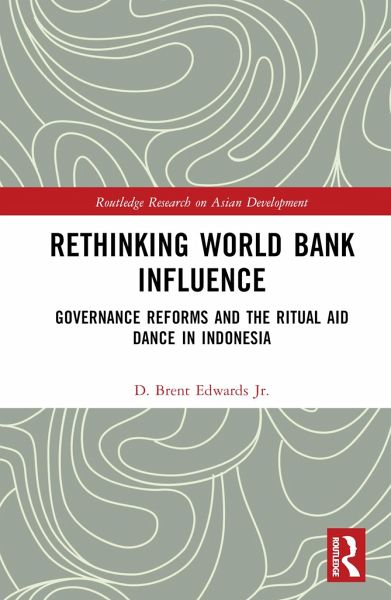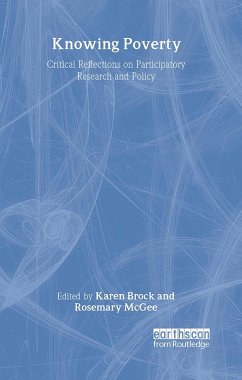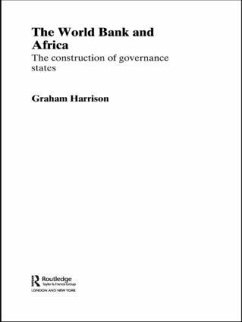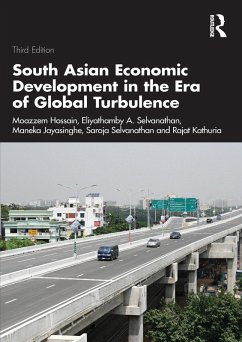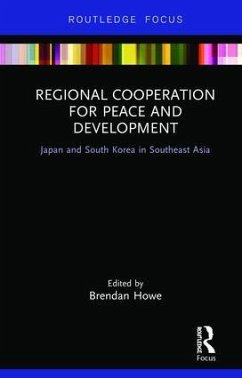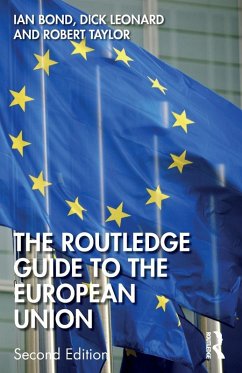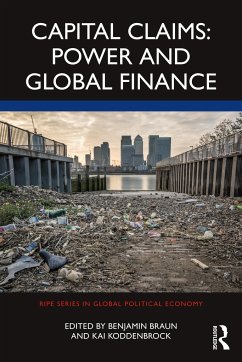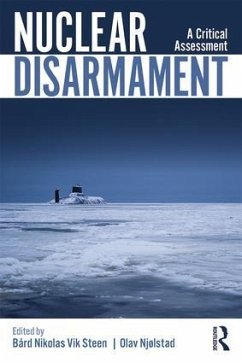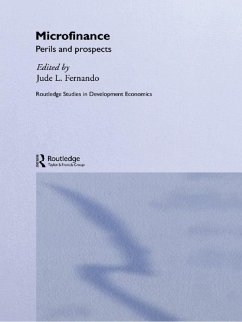D. Brent Edwards Jr. is Graduate Chair of the Department of Educational Foundations and Associate Professor of Theory and Methodology in the Study of Education at the University of Hawai'i. His work focuses on (a) the global governance of education, (b) education policy, politics and political economy, with a focus on low-income countries, and (c) democratic and socially just alternatives to dominant education models. He is on the advisory board for the Comparative Education Review. Recent books include The Trajectory of Global Education Policy: Community-based Management in El Salvador and the Global Reform Agenda as well as Global Education Policy, Impact Evaluations, and Alternatives: The Political Economy of Knowledge Production, both with Palgrave Macmillan. Forthcoming in 2023 with Routledge is Globalization, Privatization, and the State: Contemporary Education Reform in Post-colonial Contexts. He is currently the Principal Investigator for a three-year USD 913,000 project funded by the Dubai Cares Foundation entitled "Crisis Management for Disaster Risk Reduction in Education Systems: Learning from the Elaboration and Integration of Technology-Focused Strategies in El Salvador, Honduras, and Colombia." This project was one of only two selected by Dubai Cares from among a pool of 173 that were submitted for its "E-Cubed" Research Envelope through which it supports evidence for education in emergencies. Previously, he was awarded Fulbright Funding for his work in El Salvador, in addition to holding visiting, affiliate, or research positions at George Washington University (USA), the Autonomous University of Barcelona (Spain), the University of Amsterdam (Netherlands), University of Central America (El Salvador), the University of the North (Colombia), The University of Tokyo (Japan), Waseda University (Japan), and the University of Auckland (New Zealand). Apart from being a consultant for the World Bank, he has worked on research funded by USAID, UNESCO, Education International, Global Campaign for Education, Open Society Foundations, and the Spencer Foundation. His work has been published in English, Spanish, Portuguese, and Japanese. He received his PhD in International Education Policy from the University of Maryland.
